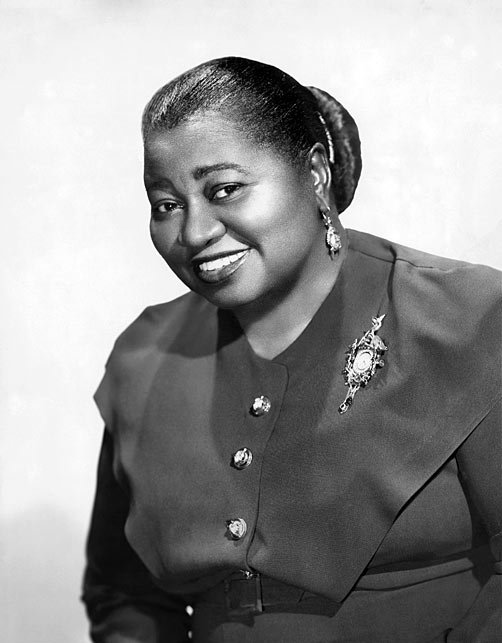On February 29, 1940, Hattie McDaniel made history by becoming the first African American to win an Academy Award. Her win for Best Supporting Actress in the iconic film “Gone with the Wind” was a groundbreaking moment in the entertainment industry. However, it is important to acknowledge the racial challenges that McDaniel faced during this historic event.
During the 1940s, racial segregation was deeply entrenched in American society. African Americans faced discrimination and were often denied equal opportunities in various aspects of life, including the entertainment industry. McDaniel’s win at the 12th Academy Awards was a significant milestone that challenged these racial barriers.
McDaniel’s portrayal of Mammy, a slave character, in “Gone with the Wind” was controversial at the time. The film, set in the antebellum South, depicted a romanticized version of the Civil War era. McDaniel’s performance was powerful and memorable, showcasing her talent and breaking stereotypes. She brought depth and humanity to a character that could have easily been one-dimensional.
Despite her remarkable achievement, McDaniel’s win was bittersweet. The Academy Awards ceremony was held at the Cocoanut Grove nightclub in Los Angeles, but African Americans were not allowed to attend the event due to racial segregation. McDaniel and her escort were seated at a segregated table in the back of the room, away from her fellow cast members.
McDaniel’s acceptance speech reflected her gratitude and determination to overcome racial barriers. She said, “I sincerely hope I shall always be a credit to my race and to the motion picture industry.” Her words resonated with audiences and highlighted the significance of her win in the face of adversity.
McDaniel’s historic win paved the way for future African American actors and actresses in Hollywood. It challenged the prevailing stereotypes and opened doors for more diverse representation in the industry. However, progress was slow, and it would be many years before significant changes were seen.
It is essential to recognize the significance of McDaniel’s win within the context of the time. While her award was a groundbreaking achievement, it also exposed the racial inequalities that persisted in society. McDaniel’s talent and success should be celebrated, but it is crucial to acknowledge the challenges she faced and the ongoing struggle for racial equality.
In recent years, there has been a renewed focus on diversity and inclusion in the entertainment industry. The #OscarsSoWhite movement shed light on the lack of representation and opportunities for people of color in Hollywood. The industry has taken steps to address these issues, but there is still work to be done.
The legacy of Hattie McDaniel and her historic Academy Award win continues to inspire and remind us of the importance of representation and equality. Her story serves as a testament to the resilience and talent of African American artists who have overcome significant barriers to achieve success.
In conclusion, Hattie McDaniel’s win at the 1940 Academy Awards was a groundbreaking moment in the entertainment industry. It shattered racial barriers and paved the way for more diverse representation in Hollywood. However, it is important to acknowledge the racial challenges that McDaniel faced during this historic event. Her talent and success should be celebrated, but we must also recognize the ongoing struggle for racial equality. Hattie McDaniel’s legacy serves as a reminder of the importance of diversity and inclusion in the entertainment industry.
SEO Excerpt:
On February 29, 1940, Hattie McDaniel became the first African American to win an Academy Award. Her win for Best Supporting Actress in “Gone with the Wind” was a monumental moment in the entertainment industry, breaking racial barriers during a time of widespread segregation. However, she had to accept her award at a segregated table, highlighting the racial challenges that persisted. Learn more about this historic event and its significance in the article.

